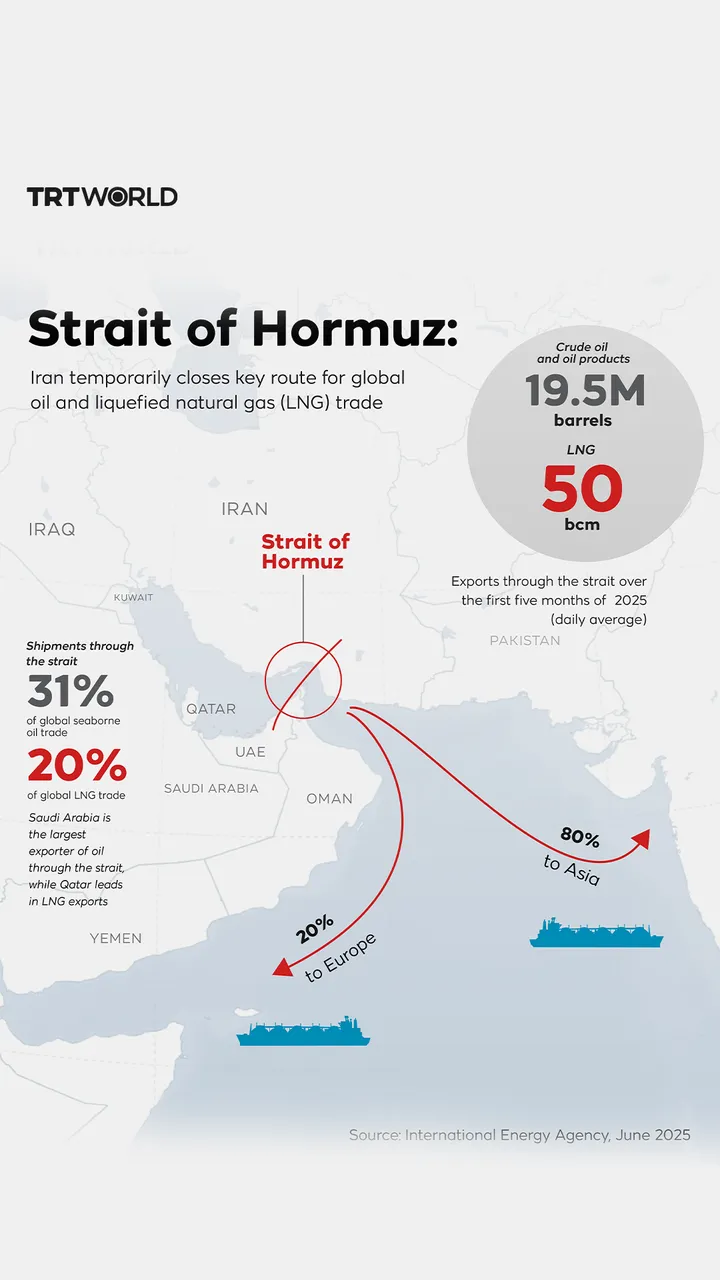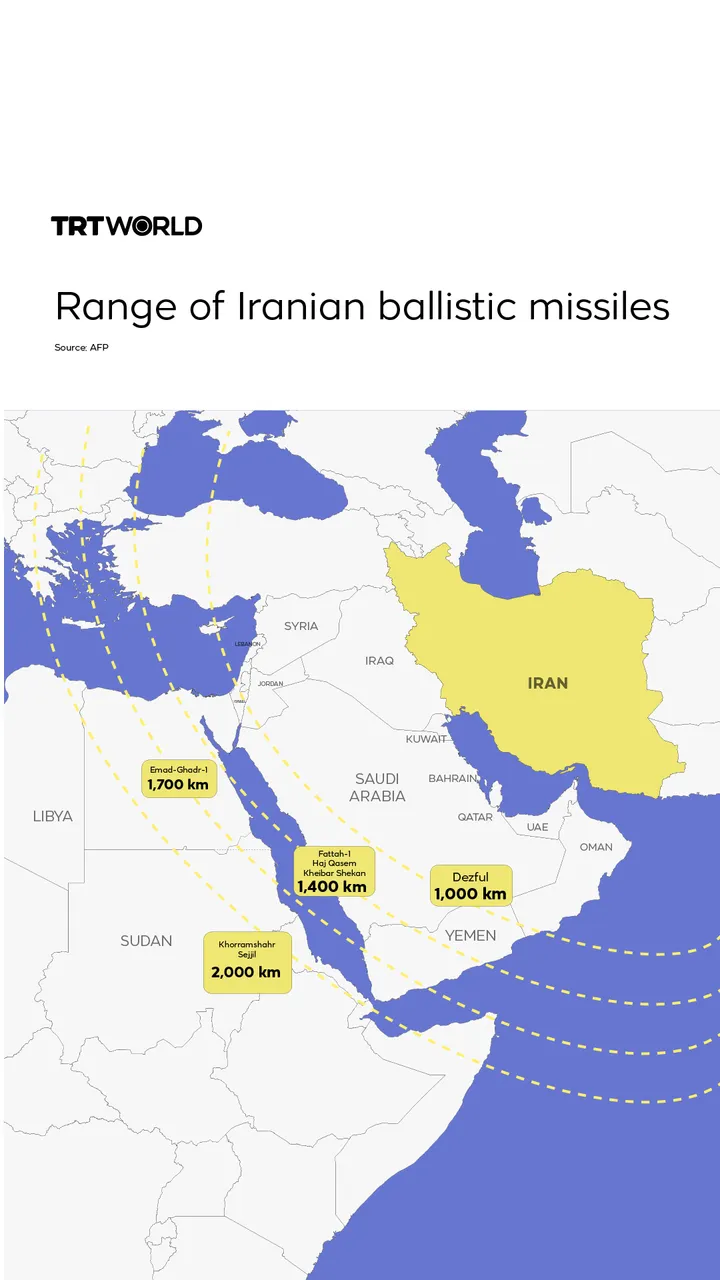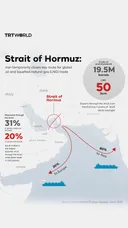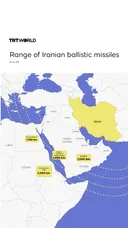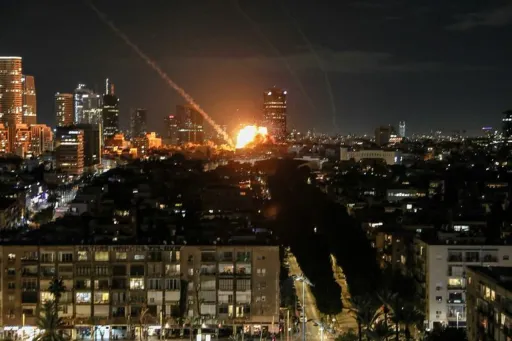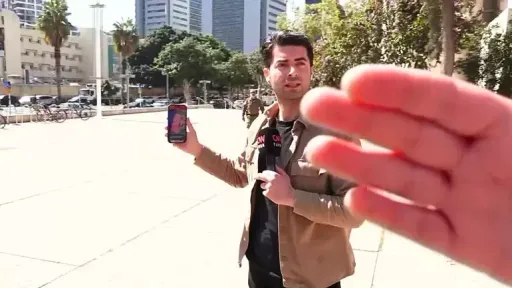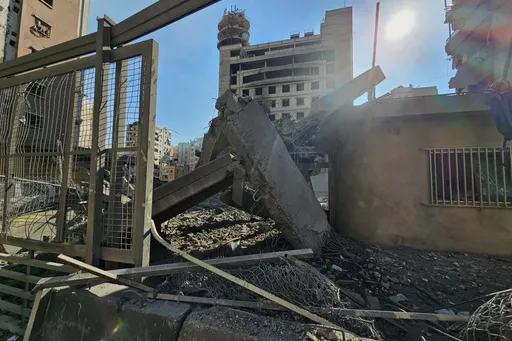Iranian President Hassan Rouhani on Tuesday repeated his threat to close the Strait of Hormuz, the passageway for nearly a third of all oil traded by sea, if the US shuts off Iran's oil exports.
State TV quoted Rouhani as saying that "if someday, the United States decides to block Iran's oil (exports), no oil will be exported from the Persian Gulf."
The strait at the mouth of the Persian Gulf is crucial to global energy supplies.
Rouhani also pledged that the United States would not be able to prevent Iran from exporting its crude.
Rouhani has made similar threats in the months since President Donald Trump withdrew the U.S. from the 2015 nuclear deal and began restoring sanctions. Trump has vowed to eventually cut off all Iranian oil exports, but the administration has given waivers to several countries.
The tough talk from Rouhani, a relative moderate, has meanwhile been warmly received by his domestic hard-line rivals.
Brian Hook, the US representative for Iran policy, dismissed Rouhani's threat, noting that Iran does not control the Strait of Hormuz.
"The strait is an international waterway. The United States will continue to work with our partners to ensure freedom of navigation and the free flow of commerce in international waterways."
Iran wants to expand missile range despite US opposition
Iran wants to increase its missiles' range, a senior military official was quoted as saying on Tuesday, a move that would irk the United States which views Tehran's weapons programme as a regional security threat.
US President Donald Trump pulled out of an international nuclear agreement in May and reimposed sanctions on the Tehran, criticising the deal for not including curbs on Iran's development of ballistic missiles.
"One of our most important programmes is increasing the range of missiles and ammunition," said the head of the Iranian air force, Brigadier General Aziz Nasirzadeh, according to the semi-official Fars news agency.
"We don't see any limitations for ourselves in this field."
Iran's military has cited 2,000 km (1,240 miles) as the current missile range, and said US bases in Afghanistan, the United Arab Emirates and Qatar, plus US aircraft carriers in the Gulf, were within range.
Iranian Foreign Minister Mohammad Javad Zarif also defended the missile programme in a Twitter post on Tuesday, in which he said the UN Security Council resolution which endorsed the nuclear agreement did not ban Tehran from working on missiles.
"Making a mockery of the UNSC won't obscure failure to fulfill obligations & to hold US to account over non-compliance. Esp when even US admits that UNSCR2231 does NOT prohibit Iran's deterrent capabilities. Rather than undermining 2231, better to work towards its adherence by all." Zarif wrote.
Nasirzadeh did not give details on how far Iran would like to increase that range, according to the Fars report.
Tehran insists its missile programme is purely defensive.
At the weekend, US Secretary of State Mike Pompeo condemned Iran's testing of a medium-range ballistic missile capable of carrying multiple warheads which he claimed was a violation of the agreement on Tehran's nuclear programme that the US is not part of.



